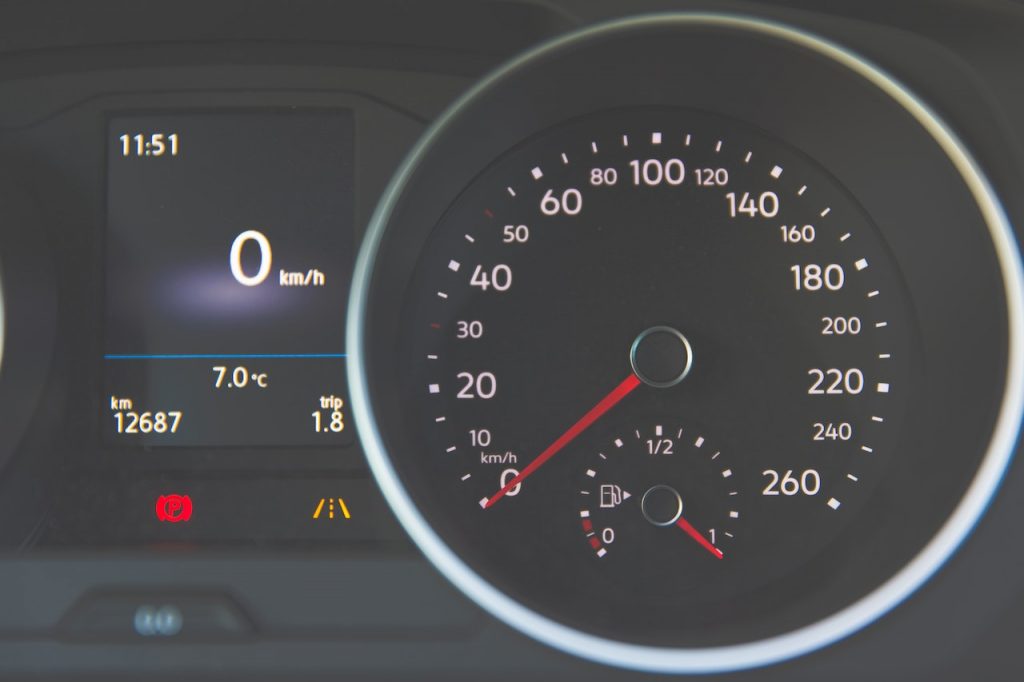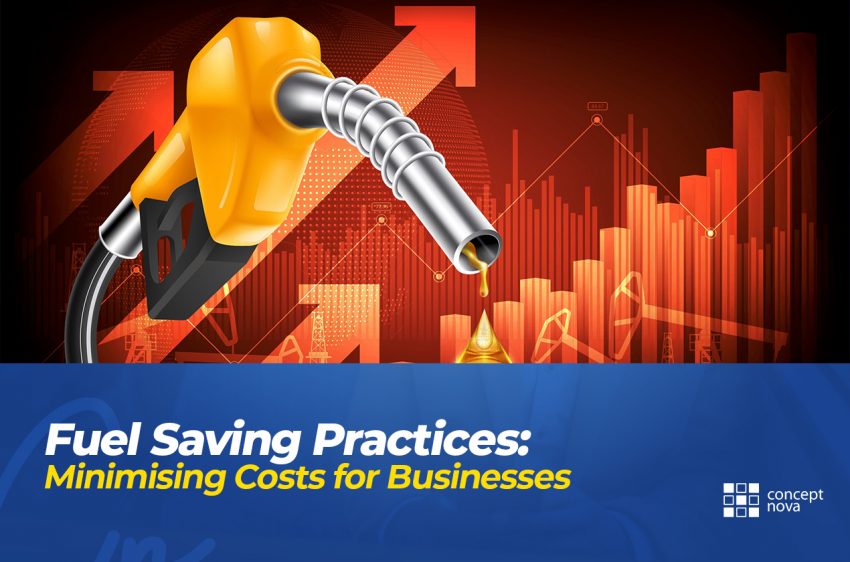Going about Fuel control solution in Nigeria is never as complicated as we make it out to be. It is no news that the price of fuel continues to head for the clouds.
As fuel prices continue to head for the clouds, drivers and fleet managers continue to look for ways to reduce the amount of money they spend refilling their fuel tanks. Keep reading and you will pick up useful, effective tips to reduce fuel consumption starting from changing how you drive to unexpected additions to the mechanics of your car.
Table of Contents
Fuel control solution in Nigeria: best fuel practices.

Below are some of the most reliable ways to reduce your fuel consumption and spend less money at the fuel station.
Avoid braking aggressively
A heavy foot will always result in reduced gas mileage and poor fuel consumption. Slamming on the brakes increases fuel consumption as you need to accelerate again later. Not accelerating aggressively can save up to 20% in fuel economy.
Anticipating traffic conditions, especially in Stop-and-Go traffic jams, looking at two or more vehicles ahead of you will allow you enough time to accelerate and decelerate smoothly and gradually, without having to go fast and stop suddenly. This is especially true if you follow too closely behind the vehicle in front of you. Not to mention, tailgating is dangerous and something to avoid.
Drive with AC
Contrary to what the population of Nigerian drivers may think, it’s simply more fuel efficient to drive with the aircon on. Keeping your windows down while driving creates more drag and wind resistance for your automobile.
Driving with the windows down at speeds faster than 80km/h causes a lot of wind resistance, and costs you a lot more fuel. If you’re driving at speeds of less than 35 mph, it is usually okay to keep the windows down. However, at higher speeds, you should keep the windows up to reduce drag and improve fuel consumption. However, consider using the AC in moderation when possible.
Don’t keep your car idle for long
Waiting for your car to warm up? Or maybe, you’re waiting on a friend to get into the passenger seat. Whatever the case, If you are waiting for something or someone for more than three minutes, turn off your engine. You may not be moving but as long as your engine is on, it’s burning precious fuel.
When you do need to drive your car, make sure you avoid idling whenever possible. When your car is running, but not moving, you’re effectively getting 0 miles per gallon. So if your car will remain stationary for more than a minute or so, switch the engine off if it is safe to do so.
Keep up with general maintenance.
Ignoring regular maintenance practices will land you in a penny-wise-pound-foolish situation. Many drivers do not properly maintain their vehicles. Avoiding routine maintenance can adversely affect your vehicle’s miles-per-gallon rating.
Change your oil and oil filter as suggested in your owner’s manual, have your tires rotated and properly aligned, keep your tires properly inflated, and regularly replace parts such as air filters and spark plugs. Most drivers find that taking their automobiles to a dealership or mechanic once a year for a tune-up can address issues that affect fuel consumption before they become too costly.
Monitor your fuel consumption-curb fuel leakage and theft
To reduce high fuel consumption, it is important to get real fuel consumption data by using a method of direct measurement of fuel consumption in the fuel lines of the engine.
With Concept Nova’s Fuel control system, you can detect leakage challenges due to perforations and faulty hardware; while monitoring, auditing, and reporting diesel usage trends for accountability purposes. This will help you efficiently reduce fuel consumption for your car or vehicle fleet.
Buy Cars with good fuel economy
If you need to reduce your fuel consumption, one thing to do is to purchase and drive a vehicle that is confirmed to have great gas mileage. Most of the affordable cars you will find out there are projected at thirty miles per gallon or higher. You don’t have to buy an electric or hybrid car, you can find a fuel-efficient model that fits your needs.
Order a fuel control solution in Nigeria and reduce business cost
Don’t go too fast or too slow
Always drive at or right below… the speed limit, especially on interstate highways. Avoid rapid accelerations and raise your RPMs excessively. When speeding down a highway, your engine works hard to overcome wind resistance.
You’ll burn up to 15% more fuel at 100 km/h and 25% more at 110 km/h. That might tempt you to drive slow, but if you drive slower than 50 km/h, your engine would drop to a lower gear, therefore consuming more fuel.
In conclusion, a steady 50 – 90 km/h on the highway is best to achieve optimal fuel economy. The optimal traveling speed for every make and model vehicle is different. However, the faster you drive, the worse your gas mileage and fuel consumption will be. Drive as fast as you need to maintain a safe driving speed.
Final Thoughts
And a final word. You must not fail to overlook regular car servicing. Because it helps maintain your engine’s fuel efficiency. Keeping your car fully maintained increases your vehicle’s fuel economy. A lot of issues can interfere with your car’s fuel consumption, like unaligned wheels that fight each other, thus wasting fuel or dirty air filters that can clog an engine’s air supply, causing a higher fuel-to-air ratio and increasing gasoline consumption.
If you combine purchasing a fuel-efficient vehicle, practicing safe driving techniques, and paying attention to your car’s performance to get the most miles out of every gallon you will notice that your vehicle’s fuel consumption will be reduced.
Order a fuel control solution in Nigeria and reduce business cost

